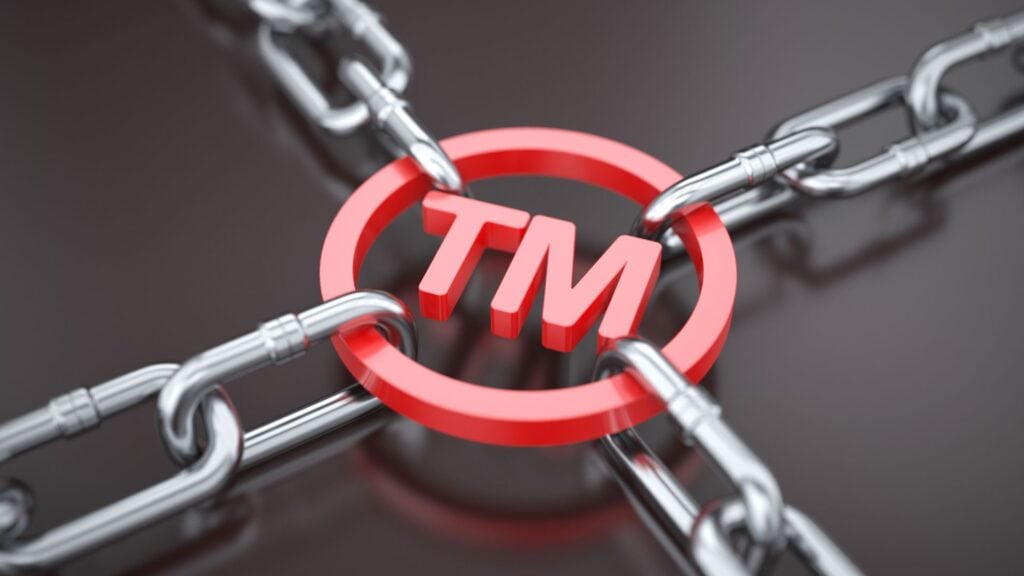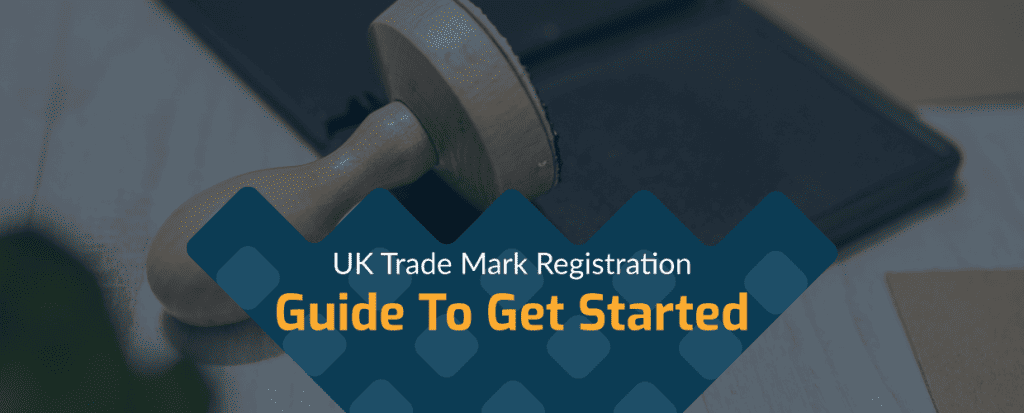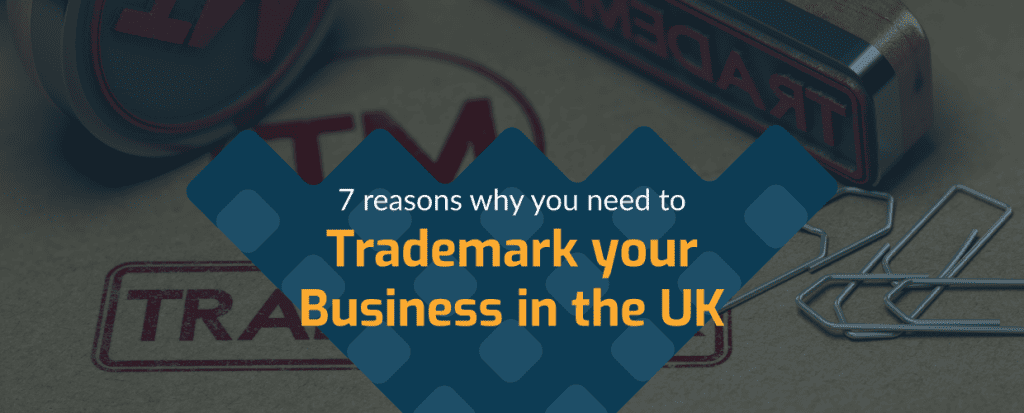To understand the value of your IP assets, we’ll look at what is covered automatically by UK law and what type of protection you’ll need to apply for:
Automatic protections –
Copyright – This is automatically covered in UK law when the new piece of writing, photography, music, recording etc. is created. This doesn’t mean you won’t have to go to court if someone uses or copies your copyright.
Employee output – The creative output of your employees is also property of the company they work for if the work was created in company time or using company equipment. This should be stipulated in their employment contract however automatic protections in law come into play here. Please note this IP does still need to have protection applied for to stop others, outside the organisation, copying or using it.
Third-party designed logos – Do not assume this is a given, externally designed logos are not automatically your property. But all you have to do is be really clear when you engage a designer that you want it stated in the contract that the IP rights are signed over to you as part of the job.
Business Name Protection – ‘Passing off’ is a common law action that can be used to protect unregistered trade mark rights in the UK. For example, if you believe another business is copying your business’ name and customers may confuse the two businesses, you can legally ask the company to cease and desist. You will be responsible for the legal fees should the case go to court, and it could take some time to resolve. Alternatively, you can register your business name with Start.Biz for £99 (+VAT) per annum. As part of their Business Name Registration package from Start.Biz who will cover up to £10,000 of legal fees and deal with the administration of the case for you if a ‘Passing Off’ incident arises. Find out more here
Business Name Registration.
Protections you will need to apply for –
Trade marks (TM) – you can trade mark a name, word, logo, monogram, shape, letters, numerals, signature, or any combination of these.
Digital – this includes domain names and social platform handles. It is good to have your handle as close to the trading name as possible so people can find you easily online and know it’s you. Even if you aren’t planning or building a website just yet or putting content out on all social media platforms it’s wise to buy the domain name and set up the accounts on all major platforms. When you start to grow and want to develop your sales channels and marketing they’ll be ready waiting for you and not taken by someone else. Individuals and companies can buy/reserve domains and social media handles which they may offer to sell to you at a much higher price.
Registered design – A Registered Design protects the appearance, physical shape, configuration and the decoration of products whereas trade mark registration protects the names of your products or brands.
Patents – these are usually applied for by inventors or larger companies in the manufacturing or pharmaceutical industries. If you think your business may need a patent it is advised you seek professional advice from an expert.




